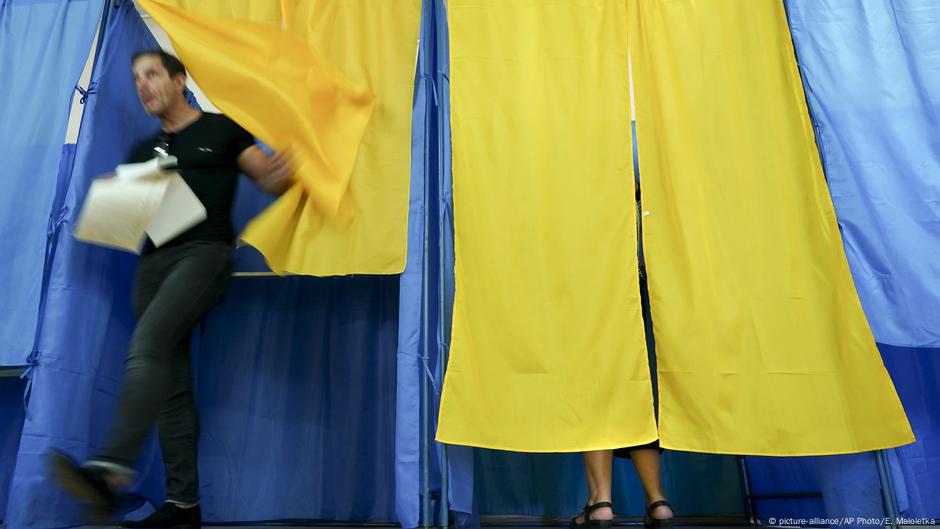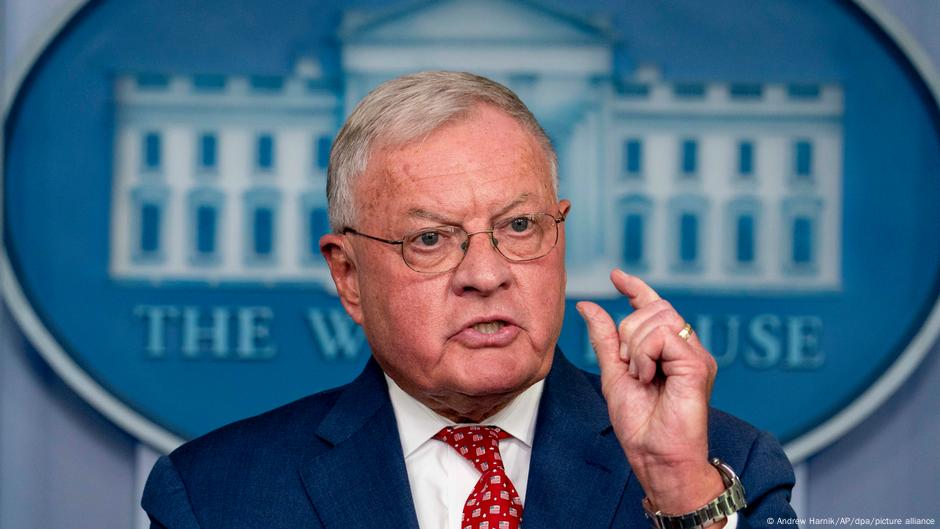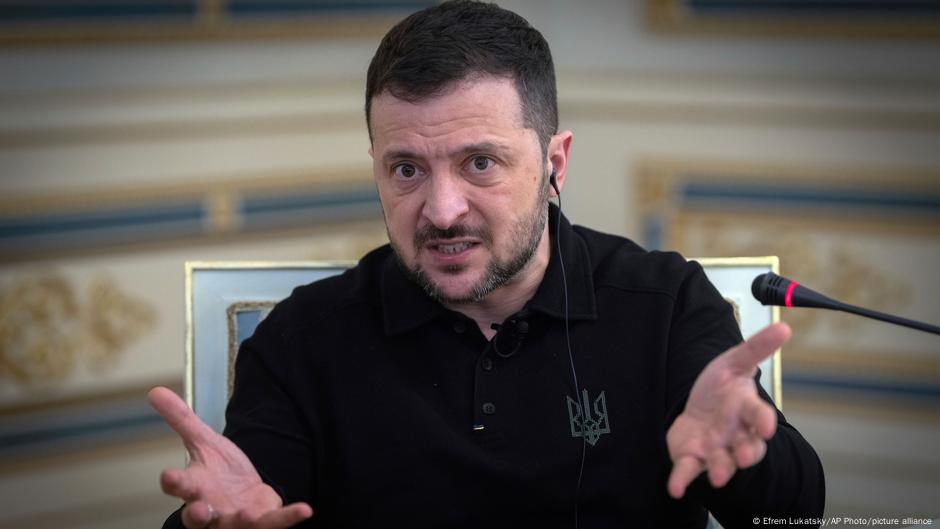Volodymyr Zelenskyy is under pressure to hold a presidential election this year. The election had been previously postponed due to the ongoing conflict with Russia. However, many experts note that such a decision could be fraught with severe consequences.

When will Ukraine hold presidential elections? It has been three years since the Russian invasion began, and elections were postponed due to the conflict with Russia, but President Volodymyr Zelenskyy is increasingly being asked about when they will take place.
He often says the same: "The hot phase of the war will end, and as soon as martial law is lifted, elections will be announced," the Ukrainian leader explained in an earlier interview with British journalist Piers Morgan.
Ukraine's Upcoming Elections: Could They Be Part of Trump's Strategy?
Discussion surrounding the election has increased significantly following recent statements made by the new US special envoy for Ukraine and Russia, Keith Kellogg.
At the start of February, Kellogg told Reuters, a reputable news organisation, that the United States hoped Ukraine would hold elections, possibly by the end of this year, as long as Kyiv could negotiate a ceasefire with Moscow within the next few months.
The individual has repeatedly cast into question the legitimacy of Zelenskyy as president, highlighting the cancellation of the election scheduled for the spring of 2024.
Ukraine's constitution prohibits elections from being held under martial law. Moscow's response is that it is prepared to engage in talks with Zelenskyy, but will not sign a settlement to end the war until a new presidential election has been held in Ukraine.

For ending the Russian war of aggression, the details of which have not yet been disclosed, US special envoy Keith Kellogg is expected to arrive in Kyiv this month.
John Herbst, a former US ambassador to Ukraine currently working with the US think tank The Atlantic Council, expressed no surprise at Russia's stance. He views this as simply part of Moscow's moves to delay negotiations to end the war.
Herbst praised the Trump administration, saying it "very smartly recognized" that Putin was the main obstacle to negotiations. However, he noted it would be a "misjudgment" if Washington believed using Ukraine's elections as a means of advancing talks.
Russia demands that Ukraine conduct free and fair presidential elections.
Schneider-Deters believes the Russians have "perfidious" motives. His advice to the Zelenskyy government is not to give in to possible pressure from Washington. However, it remains unclear whether Ukraine would be able to resist its biggest and most crucial weapon supplier.
To date, President Zelenskyy has avoided making unambiguous declarations, stating only that Ukraine is prepared to make concessions, and wishes to conduct elections, but that certain necessities must be met for this to be achievable.

A Swiss diplomat observed that numerous nations had encountered negative outcomes following early elections, in regions such as Africa, Asia, and the Western Balkans. "A level of stability and adequate preparation are needed," he noted. In the absence of these, there was a risk that polls would instead destabilize the system, rather than stabilize it.
These regulations need to be met in order to hold an election.
If Ukraine does proceed with holding elections this year, John Herbst is of the opinion that it will be hazardous not only for the country's democracy, but also for its security. "There's no doubt that the Russians will use this timeframe to bolster their military standing," he stated.
He stated that elections can only be conducted under specific circumstances. As he pointed out, the most crucial ones include providing further military aid to Ukraine, establishing a demilitarized zone, and deployment of European troops, which some of former president Donald Trump's associates have already mentioned.
Thomas Greminger states that "free and fair elections" can only occur with the presence of freedom of movement for both voters and candidates, in addition to a free press, both of which are limited by martial law. He suggests that the OSCE could facilitate election observation; he believes that as many observers as on previous occasions may be sufficient.
He believes that what's more essential is political stability - which, in Ukraine, is still "a long way off." The earliest it would be possible to conduct elections there, Greminger says, would be after half a year of a stable and monitored ceasefire. According to him, the chances of a presidential election in Ukraine this year are less than one percent.
Winfried Schneider-Deters holds the same view. The country is currently experiencing a conflict that, as he noted, "is not going well for Ukraine." Under these circumstances, he argues, Ukraine has no basis to replace its leader, who was elected in 2019 with more than 70% of the vote.
This article has been translated from German.
Author: Roman Goncharenko
